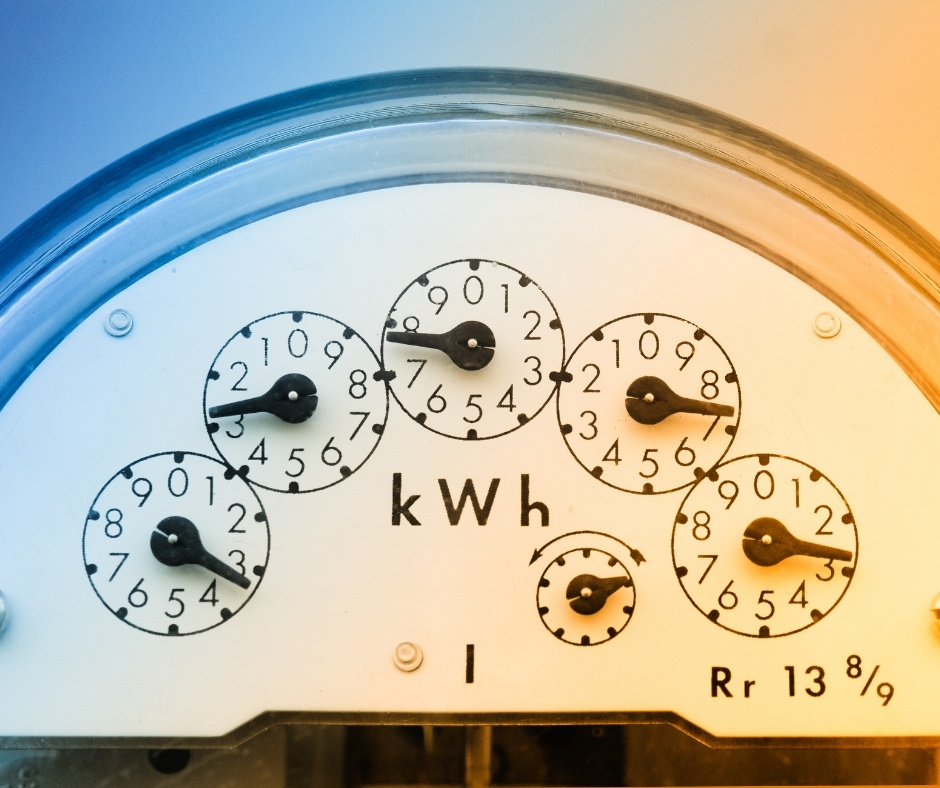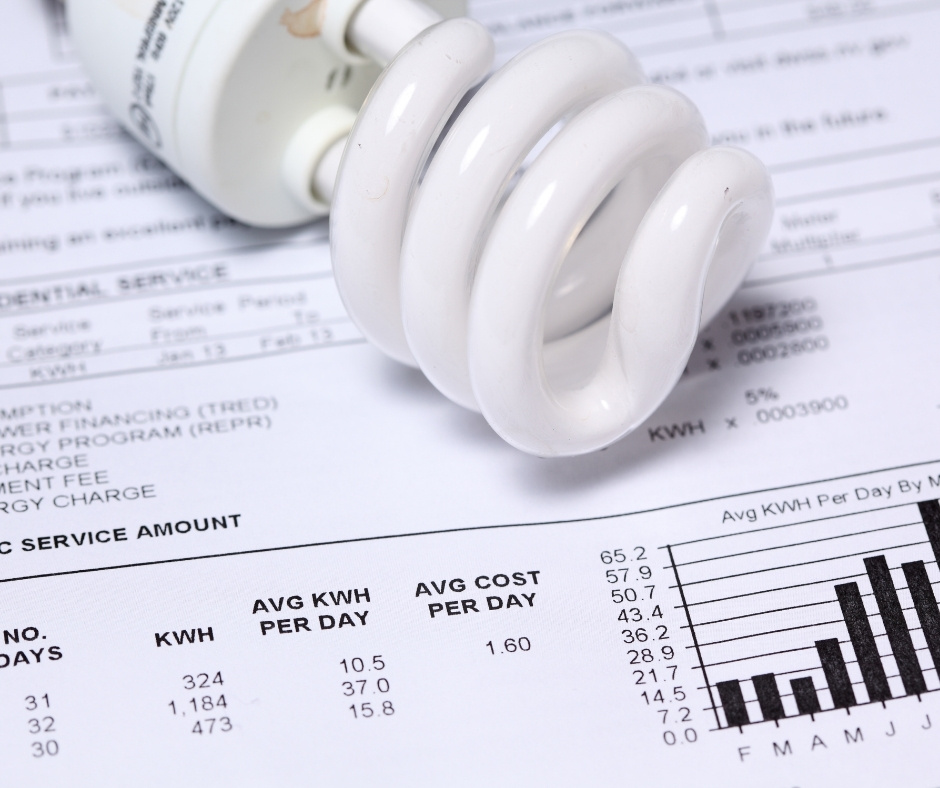How To Qualify For Chapter 13 Bankruptcy
A Chapter 13 bankruptcy is a type of bankruptcy that is used by individuals who have regular earnings. It allows people with consistent incomes to develop a debt repayment strategy.
What are the main characteristics of Chapter 13 bankruptcy?
In Chapter 13 bankruptcy, debtors may propose a payment plan that would require them to make payments to creditors over three to five years.
If the debtor’s monthly income is greater than the relevant state median, the plan must be for five years. A plan may not provide for payments over a period longer than five years under any circumstances. The payment plan will be paid generally through a wage order right from your paycheck. If you do not have a paycheck, then it can be deducted once a month online through the Trustee’s payment portal or by a bank ACH.
Is Chapter 13 a good idea for my case?
In Chapter 13 bankruptcy, you can ask the court for a debt repayment plan if your unsecured debts are less than $465,275 and your secured debts are less than $1,395,875.
The purpose of a Chapter 13 repayment plan is to make your best effort to repay some or all of your debts over a three-year to five-year period.
Three Restrictions to Chapter 13 bankruptcy filings
- You may not be eligible for the automatic stay a/k/a the bankruptcy protection, you have had a case dismissed within the last year of the most recent case filing. In this situation, you will need to file a motion with the bankruptcy court to extend the automatic stay within 7 days after the initial case filing.
- You won’t be able to file bankruptcy if, in a prior bankruptcy case, the Judge restricted you through a court order from filing in the future.
- Another restriction can be if you voluntarily dismissed your previous case after creditors sought relief from the bankruptcy court to recover property upon which they hold liens. If you attempt to refile a case after the dismissal, the court will not grant you the bankruptcy protection against the creditor that obtained relief from the stay in the prior case.
- Unless an individual has, within 180 days before filing, received credit counseling from an approved credit counseling agency either in a one-on-one or group session from an authorized credit counselor, he or she cannot be a debtor under Chapter 13 bankruptcy.
Why is a Chapter 13 bankruptcy filing a good idea?
Individuals who are unable to pay their mortgage installments may be eligible for Chapter 13 bankruptcy, which has several advantages over liquidation under Chapter 7.
- The most significant advantage of Chapter 13 bankruptcy is that it allows borrowers to save their houses from being foreclosed. Individuals can file under this chapter and stop foreclosure proceedings, as well as make late mortgage payments over time. They must, nevertheless, make all mortgage payments that are due during the Chapter 13 repayment plan on time.
- Another advantage of Chapter 13 is that it allows debtors to only make their best effort payments to the unsecured debts other than their mortgage for their primary home and extend them over the plan’s duration. Making these adjustments might result in lower payments.
- Chapter 13 also contains a special provision that protects third parties who are held liable for “consumer debts.” This protection may include co-signers.
- You can restructure vehicle loans to be repaid at a reasonable interest rate through the life of the bankruptcy plan. This can assist you by saving your vehicle from repossession or reducing the monthly payment obligation.
- You can discharge and remove unsecured second and third liens on your residence.
- Finally, the individual makes plan payments to a Chapter 13 bankruptcy trustee who then distributes funds to creditors. While protected by Chapter 13, individuals will have no direct contact with secured and unsecured creditors.
Bankruptcy basics
Filing bankruptcy with the bankruptcy court
A case under Chapter 13 begins with the filing of a petition with the bankruptcy court that presides over the debtor’s area of residence.
The debtor must file with the court the following schedules and documents:
- Assets and liabilities
- Current expenditures
- Current income
- Executory contracts and unexpired leases
- A statement of financial affairs
- Certificate of credit counseling
- Chapter 13 repayment plan
This is just a small sample of the documents that may be required by the Bankruptcy Court. This list is not comprehensive and may not apply to every debtor.
The court has the option of dispensing with particular requirements if it believes them to be irrelevant or excessive in light of all relevant circumstances. A bankruptcy lawyer can help you put together your case easily since they are experts in debt relief options.
Couples who file Chapter 13
A married couple may file a joint petition or individual ones.
Regardless of whether the filing spouse is submitting a joint bankruptcy or separate individual bankruptcy, the non-filing spouse will be required to provide her income and tax information to the bankruptcy court.
It is essential for the court, the trustee, and creditors to assess a household’s financial condition if only one spouse files.
A qualified bankruptcy lawyer can quantify how much money you have and whether your income exceeds the exceptions, as well as which way to file based on your situation.
Official bankruptcy forms
The official forms may be purchased at legal stationery stores. They can also be downloaded online from this website. The forms are not available from the court.
Information on your unsecured debts and secured debts
The debtor must make a record of all creditors and the amounts and kinds of their claims to file for Chapter 13 bankruptcy. All secured debts, as well as unsecured obligations, must be included. This means you have to include your credit card debt in your car payments and priority debts (i.e., child support, alimony, tax liability).
You must also provide detailed information on the source, amount, and frequency of your revenue, as well as a list of all of your assets.
The court must also be supplied with a thorough rundown of the debtor’s monthly living expenses, such as food, clothing, housing, utilities, medical bills, taxes, and transportation. The Trustee can also require you to verify any and all of your listed income and expenses.
Using an expert bankruptcy lawyer to represent you is a time-saver because he or she is an expert and knows exactly what to include in your schedule.
Court fees for Chapter 13 bankruptcy
A $313 filing fee payable to the bankruptcy court is required for all cases unless a special exception is granted by the Court for indigent debtors. The fees generally must be paid to the court clerk when you file, but the Court does allow it to be paid after case filing in multiple installments. Your case may be dismissed if you do not pay the filing fee on the installment plan.
Important note on court fees
Bankruptcy laws establish clearly that debtors should be aware that failure to pay these charges may result in their case being dismissed, no matter what their financial situation is.
The court-appointed trustee
When someone files for a Chapter 13 bankruptcy, an impartial trustee is appointed to oversee the case. In some districts, the U.S. trustee or bankruptcy administrator appoints a standing trustee who oversees all cases.
The trustee investigates the claim and acts as a disbursing agent, collecting payments from the debtor and sending funds to creditors.
Automatic stays
Once the petition is filed, it immediately stops most debt collection activity against the debtor or the debtor’s property. In certain circumstances, the stay may be only temporary. The stay takes effect automatically as a result of the operation of law, with no need for judicial intervention, unless you have had two bankruptcy cases dismissed in the last year preceding the filing of your third case.
Creditors may not start or continue lawsuits, wage garnishments, or even make phone calls demanding payments as long as the automatic stay is in effect.
All creditors whose names and addresses are provided by the debtor are notified of the bankruptcy case by the bankruptcy clerk.
Co-debtor automatic stay
There are also special automatic stay provisions to protect co-debtors in Chapter 13. A creditor may not seek to collect a “consumer debt” from someone legally responsible to the debtor unless the bankruptcy court permits it.
Hardship Discharge
Circumstances may arise later that prevents a debtor from following through on his or her plan. In such instances, the debtor or their bankruptcy attorney might ask the court for a hardship discharge.
In such circumstances, if the debtor’s failure to make plan payments is due to factors beyond his or her control rather than any fault on the part of the debtor, a hardship discharge is only available if it can be shown with reasonable particularity.
A hardship discharge can also occur if creditors have received at least as much as they would’ve in a Chapter 7 liquidation case, and modification of the plan is not an option.
FAQ
What is a secured debt?
Home loans and automobile loans are examples of secured debt. The loan is secured by the vehicle or home, which means that if you don’t repay the debt, the creditor may repossess the car or seek foreclosure on the house.
What is an unsecured debt?
A credit card debt, a student loan, and personal loans are all examples of unsecured debt. If you default on your student loan, the government won’t seize your house because no property has been put up as collateral.
Can Chapter 13 bankruptcy stop foreclosure?
As soon as an individual files a Chapter 13 petition, the automatic stay prohibits the foreclosure procedure from continuing. The homeowner might still lose the property if the mortgage firm completes the foreclosure sale under state law before the debtor files a petition.





































